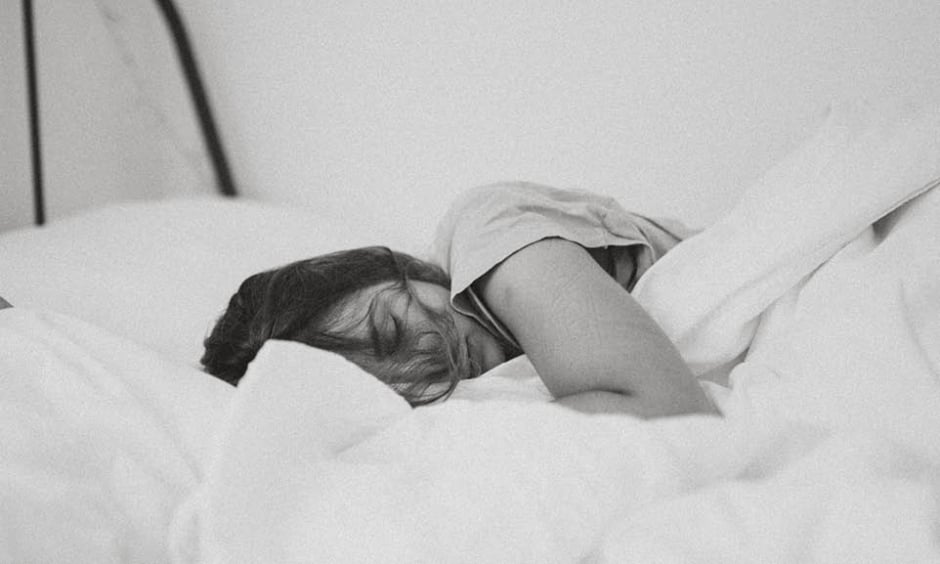DISTURBED sleep throughout the night can increase anxiety levels by up to 30%, and the phase of deep sleep is a natural form of relief for anxiety. These results were found in a study that investigated the effect of the different stages of sleep had on anxiety levels in individuals.
The experiment was carried out with 18 participants whose varying levels of brain activity exhibited during the different sleep stages was measured, and from this, researchers were able to determine the effects on anxiety. The participants were required to watch emotionally unsettling videos after a full night’s sleep and after a night of no sleep. Following this, participants were required to complete the state-trait anxiety inventory.
MRI and polysomnography were used to create brain scans, the scans identified that the medial prefrontal cortex becomes deactivated after a night of no sleep. This particular area of the brain has been associated with reduced stress and anxiety in previous studies. Matthew Walker, a professor of neuroscience and psychology at the University of California, Berkeley, California, USA, and the senior author of the study, summarised the effects of no sleep, “Without sleep, it’s almost as if the brain is too heavy on the emotional accelerator pedal, without enough brake.” Other areas of the brain active in emotional processing were shown to have increased activity. After a night of full sleep, particularly in those who spent more time in the deep, slow-wave, non-REM stage of sleep, anxiety levels were shown to be low. The lead author, Dr Eti Ben Simon, University of California, Berkeley, California, USA, concluded “Our study not only establishes a causal connection between sleep and anxiety, but it identifies the kind of deep [non-]REM sleep we need to calm the overanxious brain.”
The researchers then carried out an online survey with 280 people and further testing in a larger cohort of 30 participants. Results were simulative of this new study and suggested that both quality and quantity of sleep could indicate anxiety levels.








